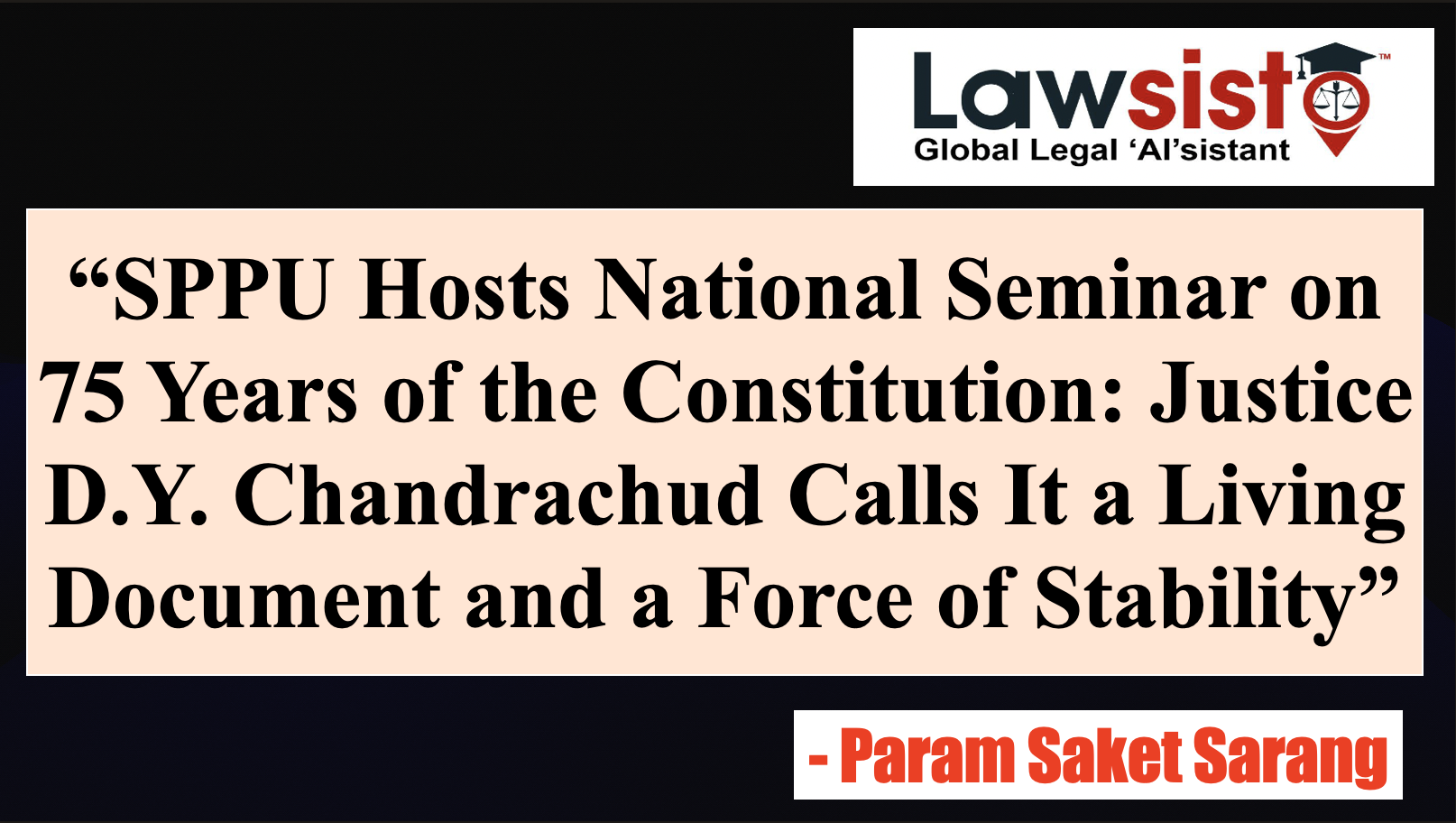Latest Articles
Convention on Prevention and Punishment of the Crime of Genocide

Convention on Prevention and Punishment of the Crime of Genocide
The term ‘Genocide’ was coined by the Jewish Polish lawyer Raphael Lemkin in 1943. The word genocide is derived from two Greek words- “geno” meaning ‘race or tribe’ and “cide” meaning ‘to kill’. From Article II of the Convention on Prevention and Punishment of the Crime of Genocide we know that the acts done with an intention to destroy a group wholly or partly shall come under genocide. The group includes any group such as national, ethical, racial or religious. The acts include:-
- Killing members of the group;
- Cause serious body or mental injury to the members of the group;
- Deliberately inflicting on the group condition of life;
- Imposing measures to prevent birth within the group;
- Forcibly transferring children from a group to another group.
Convention on Prevention and Punishment of the Crime of Genocide was adopted by the General Assembly of the United Nations on 9 December 1948. It contains a preamble and 19 articles. Convention on Prevention and Punishment of the Crime of Genocide was the first international codified instrument in the history of genocide.
Most importantly, the Genocide Convention establishes a duty on State parties to take measure in order to prevent genocide and also punish the crime of genocide. According to Article IV of the Genocide Convention anyone be it is “constitutionally responsible rulers, public officials or private individuals” shall be punishable.
The adoption of the Convention on Prevention and Punishment of the Crime of Genocide is important in the development of international human rights and international criminal law. The Genocide Convention is the first human rights treaty adopted by the General Assembly of the United Nations after the atrocities committed during the Second World War.
The drafting of the Convention on Prevention and Punishment of the Crime of Genocide represented the international community’s pledge towards punishing the crime of genocide. Ratifying the convention was necessary to prevent genocide. By ratifying it means that there is an affirmation to the commitment made. Also ratifying the Genocide Convention has a moral obligation towards the humanity.
The State that have ratified must ensure that the provisions laid down in the Convention are included as part of the national legislation and that relevant policies and structures are developed for its implementation. The States that have not yet ratified can ratify the convention in order to support the Genocide Convention.
Under the Genocide Convention, State is obliged not to commit genocide, to prevent genocide, to punish genocide, to enact the necessary legislation, to ensure effective penalties, to conduct trial on the persons charged with genocide in a competent tribunal of the State and to grant extradition when genocide charges are involved.
In December 2017, during the 69th anniversary of the adoption of Convention on Prevention and Punishment of the Crime of Genocide, the Special Advisor made an appeal for the universal ratification of the Convention. 45 countries are still pending to ratify the Genocide Convention. Some of them are Qatar, Kenya, Madagascar, Grenada, Oman, Japan etc.
















































































































































































































































































































































































































































